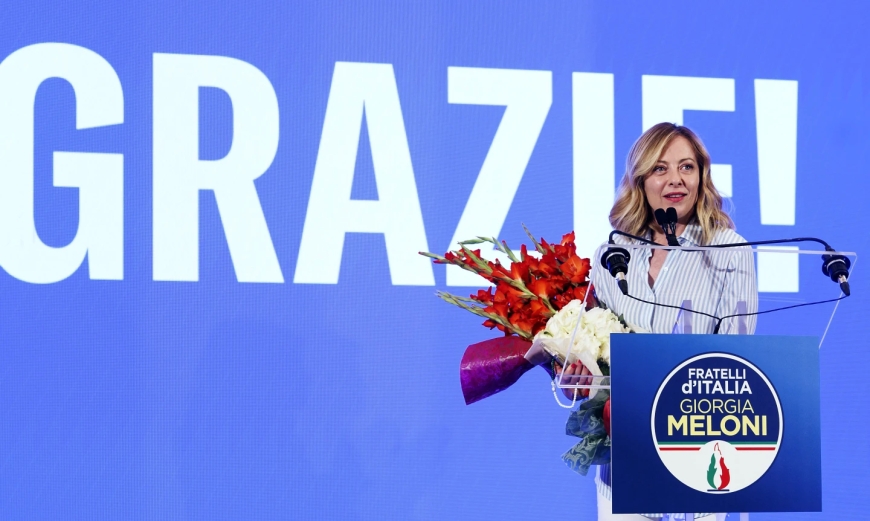Far Right’s Gains in EU Elections Prompt Macron to Call Snap Polls

Recent gains by far-right parties in the European Parliament elections have caused significant disruptions among the traditional political powers within the European Union, leading French President Emmanuel Macron to call for snap legislative elections.
Election Outcomes
- Italy: Premier Giorgia Meloni's party more than doubled its seats in the European Parliament.
- Germany: Despite a scandal involving candidates, the Alternative for Germany (AfD) surpassed the Social Democrats led by Chancellor Olaf Scholz.
- France: Marine Le Pen's National Rally dominated the French polls, leading Macron to dissolve the national parliament and call for new elections.
Political Implications
The election results indicate a clear shift to the right within the 27-nation bloc. The Christian Democrats, led by EU Commission President Ursula von der Leyen, preemptively moved further right on migration and climate issues and managed to remain the largest group in the 720-seat European Parliament. However, the increased presence of nationalist and populist parties will likely complicate the legislative process on critical issues such as climate change and agricultural policy.
Macron’s Political Gamble
Faced with the far-right surge, Macron took the significant risk of dissolving the national parliament and calling for snap elections, potentially jeopardizing his party's standing and his presidential agenda, which runs until 2027. Le Pen, buoyed by her party’s success, expressed readiness to capitalize on the political upheaval, emphasizing a platform focused on curbing immigration and defending French interests.
Broader EU Context
The gains by far-right parties reflect a broader trend across Europe, where nationalist and populist sentiments are rising. This shift poses challenges to the traditional EU political landscape, influencing policy directions and complicating consensus on various critical issues.
The situation underscores the dynamic and often unpredictable nature of European politics, with potential implications for both national and EU-level governance in the coming years.
Tags:
- European Parliament elections
- voter turnout
- European citizens
- democratic process
- Democracy Perception Index
- DPI
- public trust
- democratic institutions
- Greece
- France
- Hungary
- rule of law
- European values
- EU budget suspension
- Ukraine war
- democratic sentiment
- media freedom
- government critics
- EU aid
- economic recovery
- migrant crisis
- police brutality
- pension reforms
- public dissatisfaction
- citizen-government disconnect
- radical movements
- anti-democratic movements
- mainstream politics
- extremist groups
- democratic decline
- Western democracy
- liberal democratic identity
- double standards
- public trust
- existential crisis
- European project
- economic inequality
- social injustice
- democratic institutions
- anti-democratic forces
- European democracy.













































